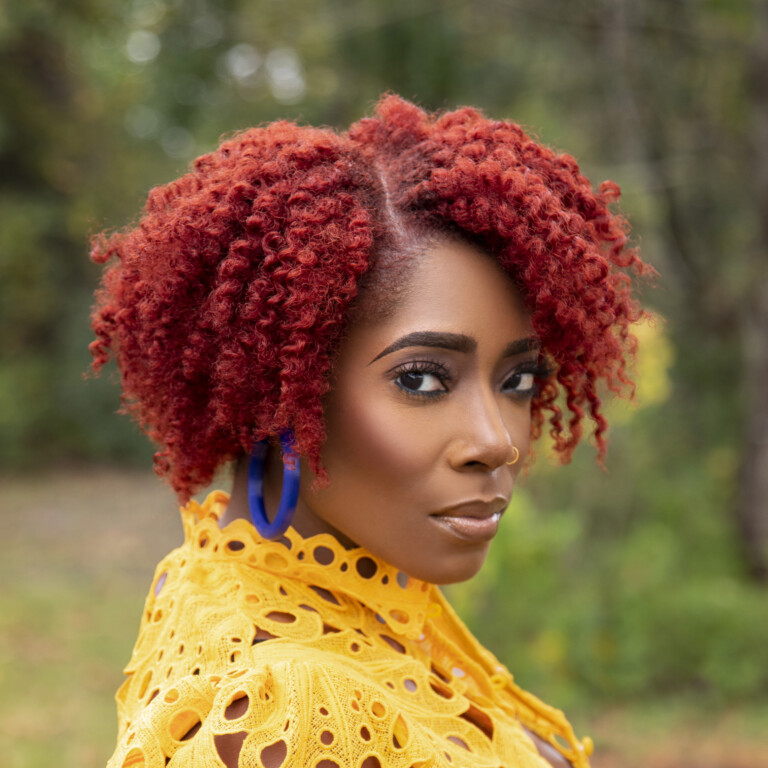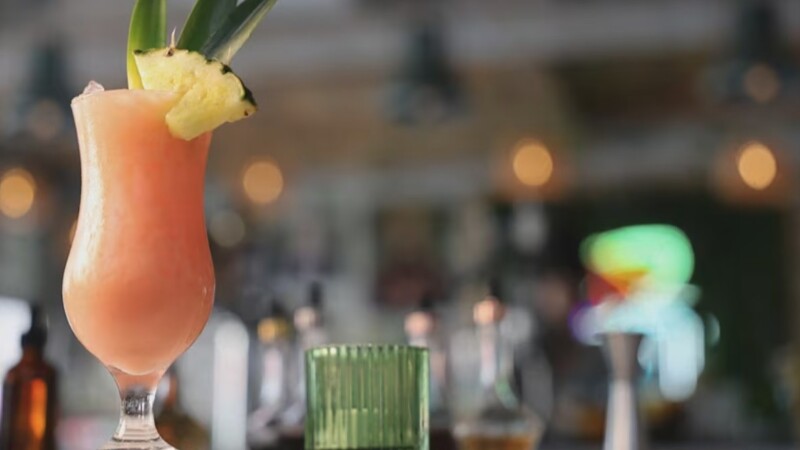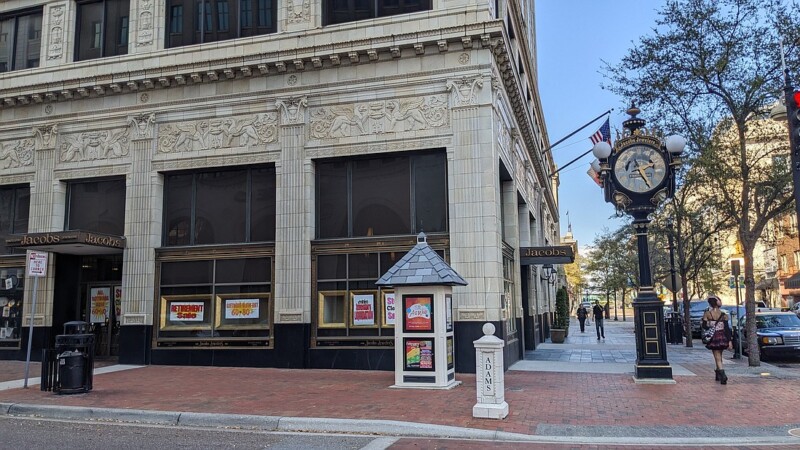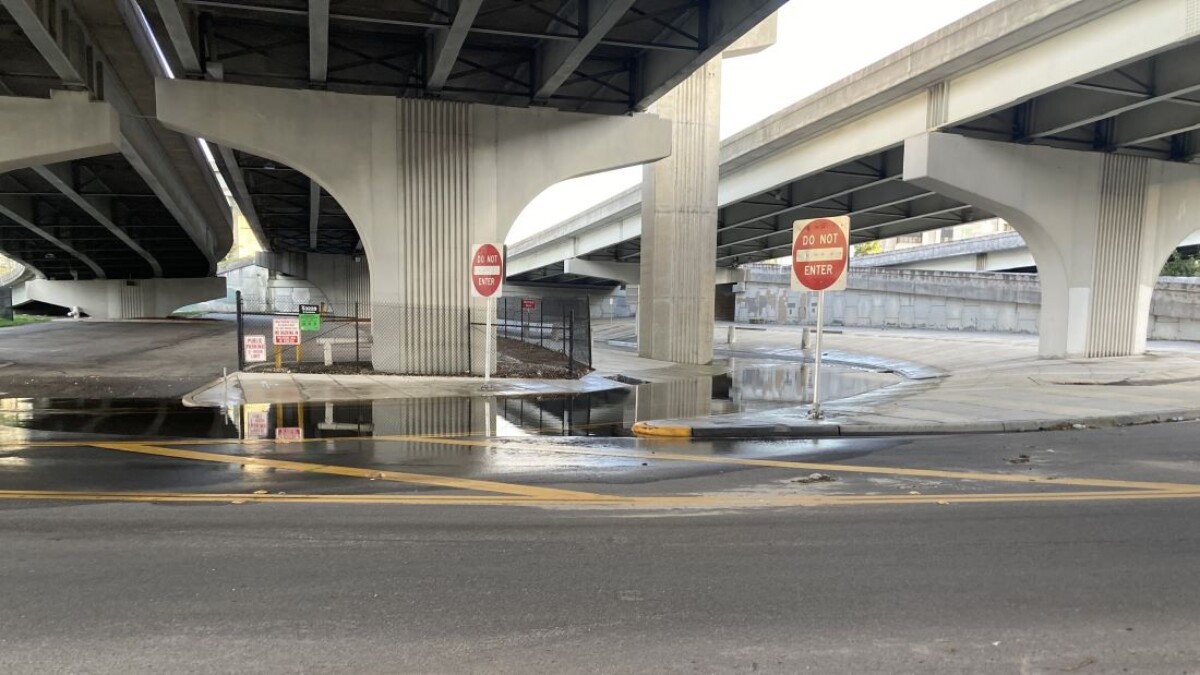
“I’m never living in the South again.”
This is what my mother says to me often. A New Orleans native who fled the muggy bayou for Chicago at the tail end of The Great Migration in 1970 has no desire to return to the soil that birthed her. Neither to live in New Orleans or to move permanently to Florida where I chose to go to college and have made my home. I don’t blame her. The blatant racism she experienced in the Jim Crow South is something she may never get over. It is also something I’ve never had to experience.
What has been part of my life experience are the myriad microaggressions that remind Black folk we are not wanted and we do not belong, not in an equal sense at least. These microaggressions look like the Confederate flag waving tall, proud and strong over the interchange from I-75 to I-4 in Tampa. The stars and bars plastered across pick-up truck windows or stamped in the corner of license plates. These microaggressions look like the protest against teaching critical race theory in schools, when most of those protesting don’t even know what critical race theory is. (I’m looking at you, Governor DeSantis.) These microaggressions also look like the names of local schools and monuments. Busts in bronze to the genteel savages who fought to keep human beings in bondage.
Last week, a $1.3 million plan was introduced to City Council to remove a remaining Confederate monument from Springfield Park. Ahead of the news I flippantly remarked on the First Coast Connect with Melissa Ross Media Roundtable, “The South lost,” as justification for why the monuments need to come down. My soundbite may have been snarky, but it’s a truth that has never been accepted by some in this country. The South did lose. Black people are free. And even Robert E. Lee, the most revered Southern general, opposed Confederate monuments, saying, “I think it wiser not to keep open the sores of war …”
When the monuments to the Confederacy were erected in the mid-20th Century it was a dog whistle to both Blacks and whites. A reminder of what had been and what some had hoped would be again. Taking down monuments that should have never been erected in the first place is about healing the wounds of our nation and eventual reconciliation. If it costs the city of Jacksonville $1.3 million to remove the Springfield monument, consider it a drop in the bucket toward actual reparations.
Besides, Mayor Lenny Curry had no problem removing the Confederate soldier statue from what’s now called James Weldon Johnson park one day before it was announced that the 2020 Republican National Convention was moving to Jacksonville. While that gesture of monument removal in the turbulent aftermath of the murder of George Floyd was mostly performative spectacle, the new plan the Council is considering presents an opportunity to be sincere about healing the rift between Black and white in a city where the people are as separated as the bridges that divide the various sides of town.
Take the monuments down, put them in museums with historical context if you must, but stop gaslighting Black people by telling us these monuments aren’t harmful. To those with skin deep brown like mine those monuments invoke trauma, pain and violence. And frankly those scars and that shame should have never been ours to bear.

Nikesha Elise Williams is an Emmy-winning TV producer, award-winning novelist (Beyond Bourbon Street and Four Women) and the host/producer of the Black & Published podcast. Her bylines include The Washington Post, ESSENCE, and Vox. She lives in Jacksonville with her family.




